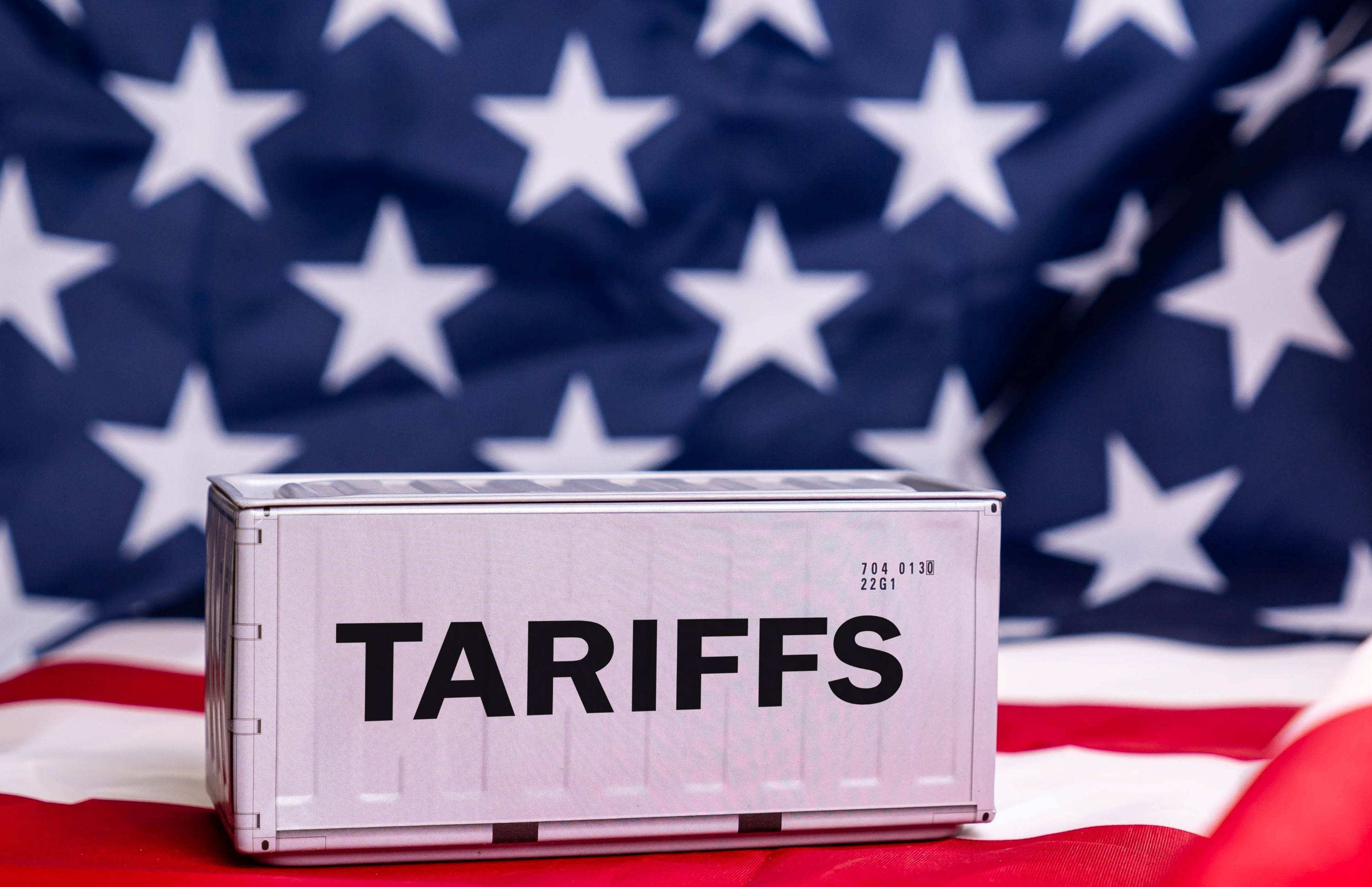President Trump’s 25% auto tariff sparks global trade concerns
Opinion Pieces

28
Mar
2025
President Trump’s 25% auto tariff sparks global trade concerns
US President Trump has announced a 25% tariff on imported vehicles and auto parts entering the USA. The move, set to take effect on 3 April, is expected to significantly impact global supply chains and disrupt trade with key US trade partners.
The tariff will apply not only to imported passenger vehicles and light trucks, but also to key automotive components – such as engines, transmissions, and electronic systems – even if those parts are used in vehicles assembled domestically. The administration has justified the measure as a national security effort aimed at revitalising domestic manufacturing and correcting long-standing trade imbalances.
Major US trade partners – including Mexico, Canada, South Korea, the European Union, Japan, Germany, and the UK – are likely to be hit hardest. The UK, for instance, exported £6.4Bn (US$8.3Bn) worth of vehicles to the USA in 2023. The announcement triggered immediate volatility in financial markets, with shares in General Motors (GM), Ford, Toyota, Stellantis, and other major automakers falling. Tesla CEO Elon Musk acknowledged the impact on his company would be “significant.”
President Trump argues that the tariffs will reduce dependence on foreign supply chains and create conditions for long-term growth in US manufacturing. However, critics warn the policy could disrupt production, raise costs for manufacturers and consumers, and invite further retaliatory measures from key trade partners. With the global auto sector already under pressure from shifting consumer demand, evolving regulatory changes, and the transition to electric vehicles, the move adds yet another layer of geopolitical uncertainty at a critical moment for the industry and associated supply chains.